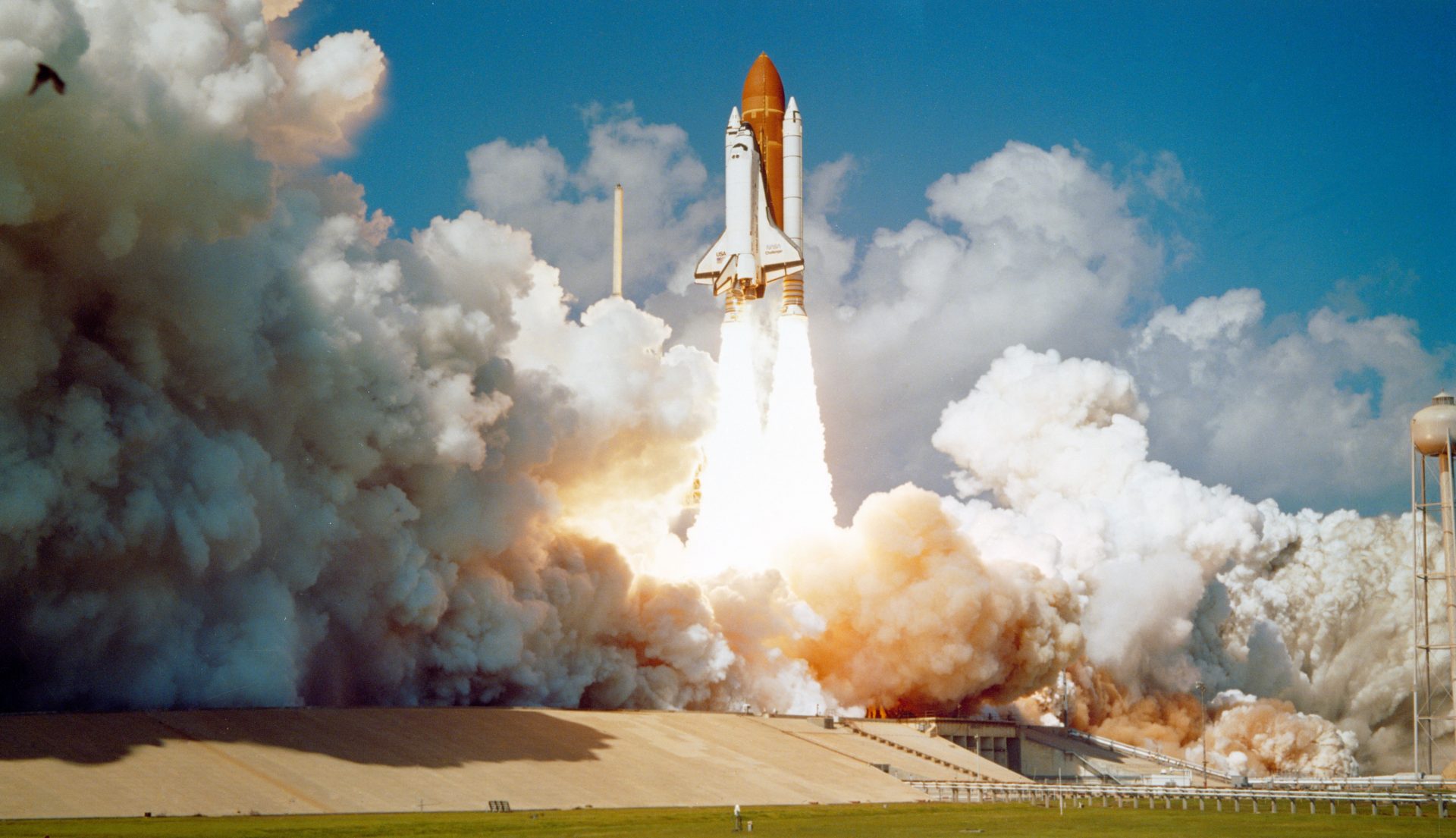The history of space travel started in the mid-1900s, but to understand it better, it might be good to start with where we are current day.
Just a few short weeks ago the first SpaceX tourists splashed down off the coast of Florida after a successful voyage into space. We’ve opened up a world where people who are not astronauts or scientists can now take this adventure.
But a lot happened over the last half-century for that to occur.
How Space Travel Started
Animals were the first to travel to space in the 1940s and 50s. It started with fruit flies, then monkeys and dogs. Scientists needed to understand the effect that space travel would have on the human body.
Once that was understood, the Russians and Americans entered a race to land the first craft on the moon. In 1959, the Russians won when they crash-landed Sputnik I into the surface of the moon.
In 1961 a Russian orbited the earth. In 1962, the American John Glenn did it, aboard the Friendship 7. In 1963, President John F. Kennedy made a promise to the American people that the country would land a man on the moon by 1970.
The Americans made do on this promise in 1969, when Neal Armstrong, Buzz Aldrin and Michael Collins landed the Apollo 11 on the moon.
When Armstrong made his way down the ladder and set foot on the surface of the moon, he uttered the famous line: “That’s one small step for man, one giant leap for mankind.”
The astronauts returned home on a successful trip.
In 1970, they tried again, but suffered a wiring fault and an explosion. The astronauts made repairs in space and were able to bring the damaged rocket back down to earth.
Many more shuttles have been built and flown since then. Space stations and powerful telescopes have become an integral part of the program.
Where We Are Headed
In recent years, there has been a drift toward the privatization of space travel, with SpaceX, Blue Origin, and Virgin Galactic leading the way. That’s where the recent SpaceX space tourists fit into the picture.
Now, Mars is the new frontier and curiosity of space travel. The companies involved in space privatization have large-scale ambitions to land on and colonize Mars. The future of space travel is wide open.
The rest of us wait to see who will land there first, and what purpose Mars will serve in the future.








